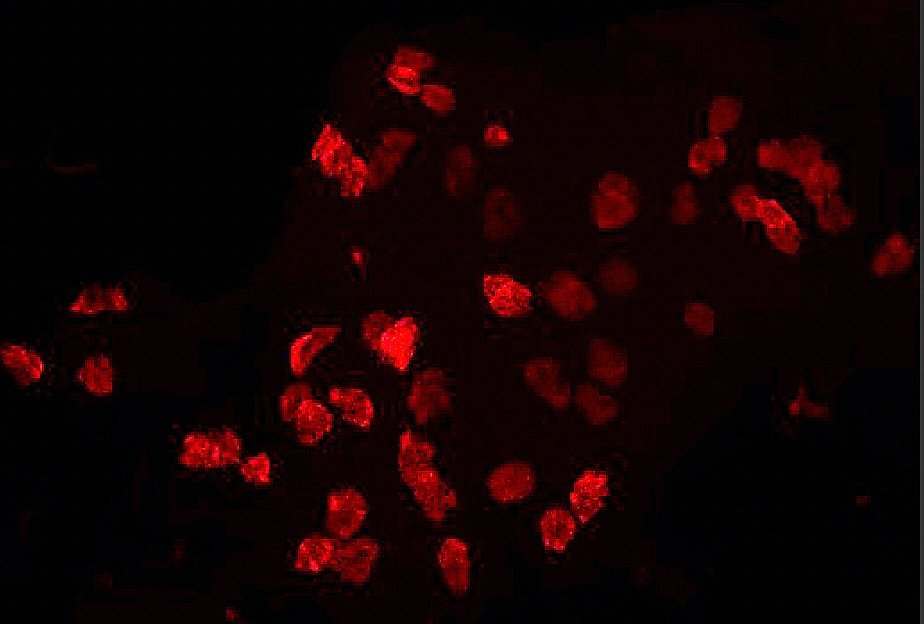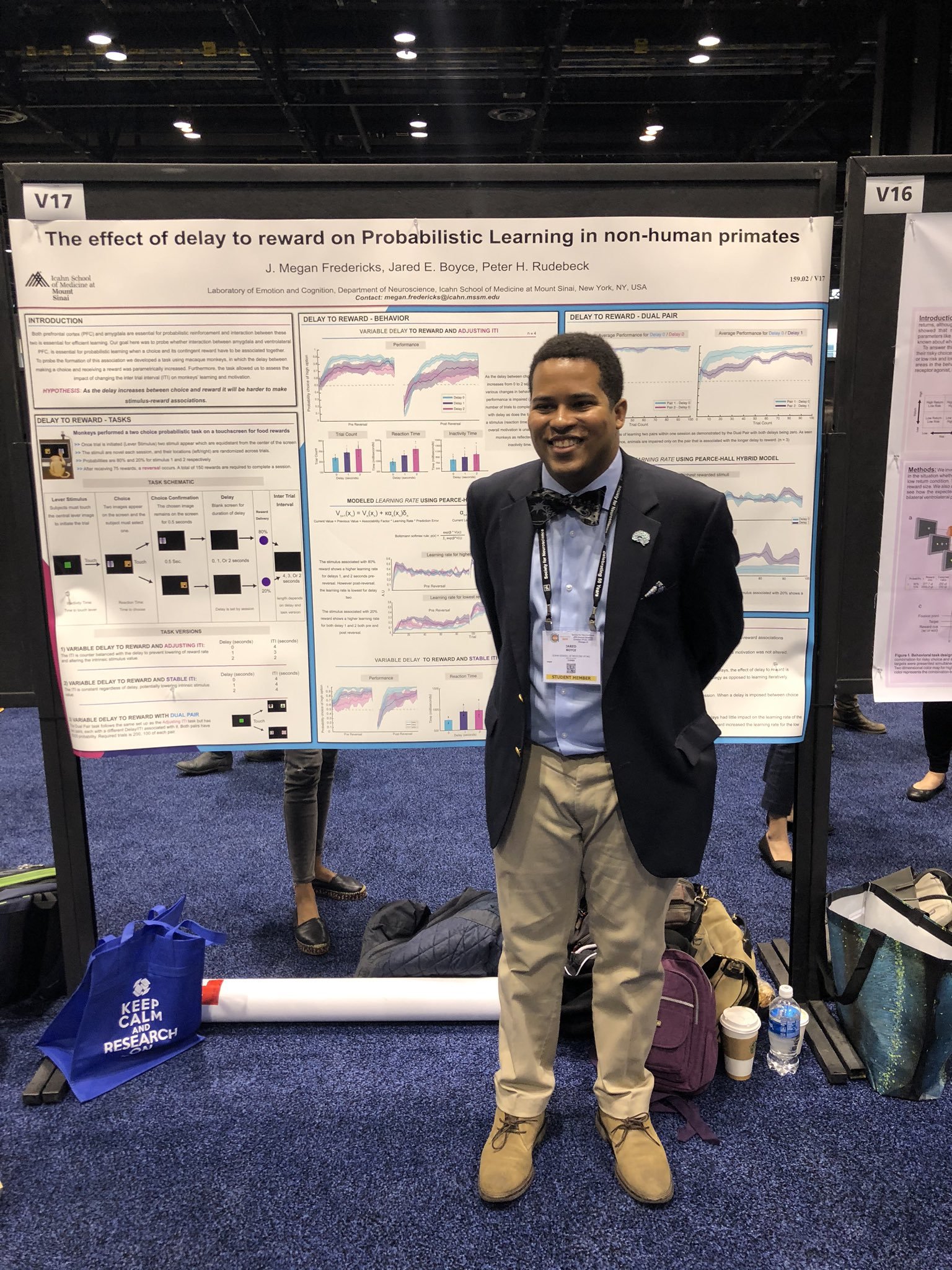
What Do I Study?
“The nexus of molecular neurobiology and social determinants of health”
Broadly speaking, I am interested in studying the brain. My interest in the brain has evolved significantly over the years but it began with an interest in epilepsy and other neurological diseases. During my time at Dartmouth, my interests shifted toward psychiatric diseases like ADHD, substance use disorder, and depression. I also began to become more fascinated with neurobiology and utilizing animal models to study psychiatric diseases and identify novel therapeutic interventions.
Toward the end of my time at Dartmouth, my grandmother was diagnosed with vascular dementia. At this time, I learned more about her traumatic upbringing and that she had experienced multiple Adverse Childhood Experiences (ACEs). ACEs are traumatic stressors that occur early in life (before the age of 18). I began reading everything I could about ACEs and childhood trauma - from published manuscripts to books. Some of these books are The Boy Who Was Raised as a Dog, The Deepest Well, and The Noonday Demon.
I want to go beyond the traditional physician-scientist “Bench to Bedside” trope - my approach is more accurately a “Bench to Bedside and Beyond”. This is why I describe my research interests as the nexus of social determinants of health and molecular neurobiology – understanding the molecular and neurobiological mechanisms underlying early life trauma and comorbidities.
Starting my MD-PhD training means that I will be able to dive into studying early life trauma. I’ll keep this page updated with my PhD research when the time comes!
Four or more ACEs significantly increase the risk of being diagnosed with diseases. What was both terrifying and fascinating was that my grandmother could easily check off far more than 4 ACEs. Unsurprisingly, ACEs disproportionately affect Black and Brown children, children of refugee and asylee status, and children from low socioeconomic statuses. I also discovered how poorly understood childhood trauma is on a molecular level, the dearth of physicians trained to treat traumatized children, and the significant disease burden this places on society. Childhood trauma has become endemic, especially in minority communities. This became the reason why I wanted to become a Child Psychiatrist and neuroscientist.
To me, research is more than answering fascinating questions about our world. It is a tool to both improve the lives of our most vulnerable patient populations and advocate for policies and legislation that will mitigate childhood trauma, address social and societal injustices, and protect children’s rights. At the same time, most of my research ideas are inspired by patient interactions and social justice issues.




